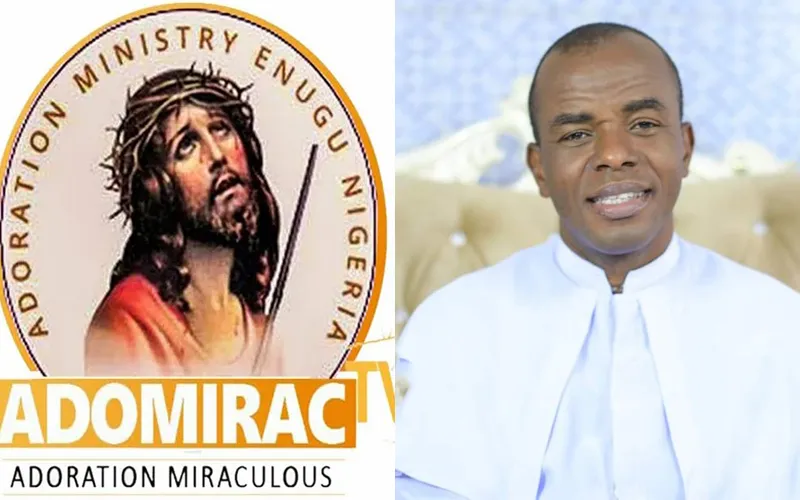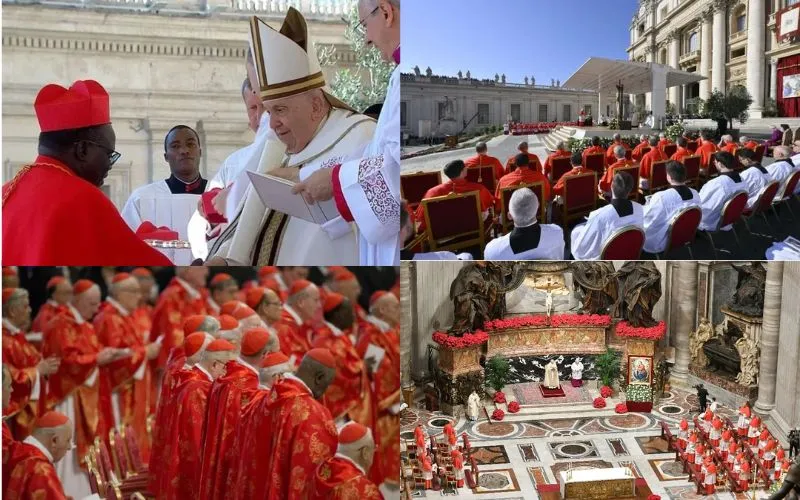Enugu, 06 June, 2021 / 8:30 pm (ACI Africa).
The Adoration Ministry Enugu, an initiative of a controversial Nigerian Catholic Priest, is to function as a Chaplaincy, and “not personality cult”, the Local Ordinary of Nigeria’s Enugu Diocese has directed.
In a 10-point letter, Bishop Callistus Onaga outlines ways of safeguarding the identity and integrity of the Catholic Church at the Enugu-based centre, and explains the meaning of the new status of Fr. Camillus Ejike Mbaka’s initiative.
“The Adoration Ministry, Enugu shall be administered and organized as a Chaplaincy,” Bishop Onaga says in his letter that provides “directives and guidelines for pastoral care and administration” of the chaplaincy.
Making reference to the code of Canon Law (Can. 564), the Nigerian Bishop explains, “Canonically, a chaplaincy is a special group of Christ's faithful entrusted to a priest in a faithful manner who is their chaplain in accordance with universal and particular law.”
“The Adoration Ministry Enugu is to be recognized as a chaplaincy in the Catholic Diocese of Enugu under the leadership of Rev. Fr. Camillus Ejike Mbaka,” the Bishop says, adding, “As a Catholic outfit of the Diocese of Enugu, it shall enjoy all the pastoral privileges of the Diocese of Enugu and is to be under the pastoral and managerial obligation of the same diocese.”








